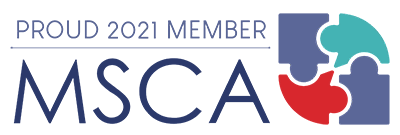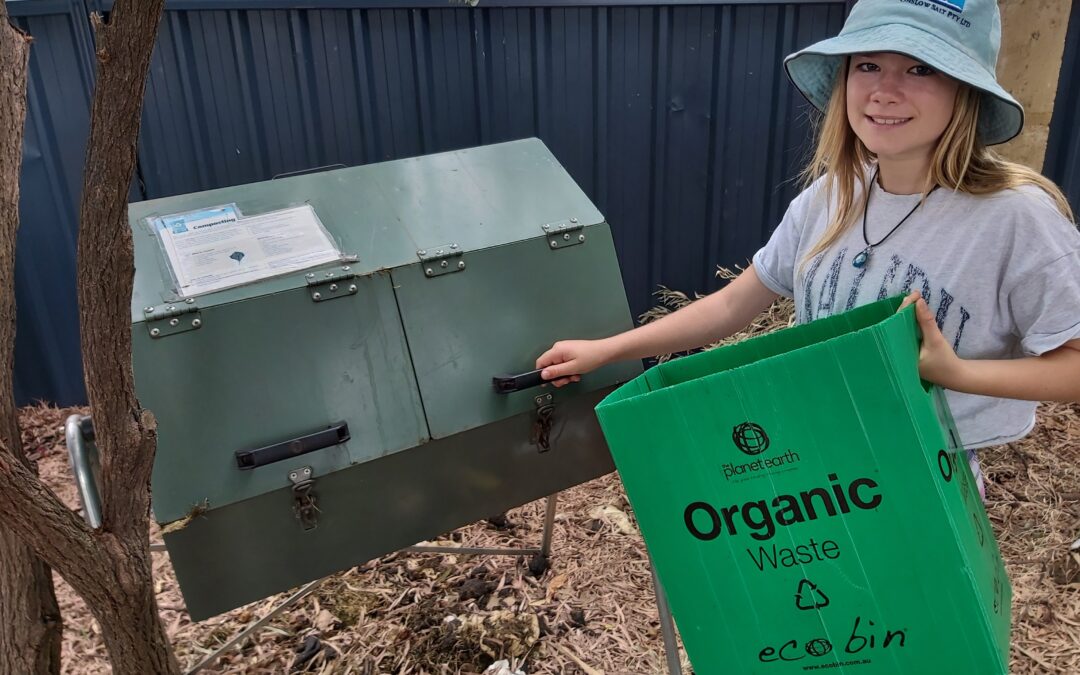Rockingham Montessori School has been a Waste Wise School for 5 years. The Waste Wise Schools program provides support to schools across Western Australia (WA) to promote responsible waste management behaviours, with a focus on waste avoidance and recovery. It also develops positive environmental values in students and the whole school community. For our recent audit, we had to make a list of all the ways Rockingham Montessori School works to avoid, reduce and recycle to minimise what ends up in landfill. Our list is below. How many of these practices do you do at home?
- recycle paper and cardboard by using the blank side of paper for another activity
- shredding paper to provide bedding for guinea pigs or to add to worms and compost
- make notes pads out of scrap paper
- separate and place paper and cardboard in the council provided yellow-lid bins for recycling
- separate food and organic waste to feed worm farms in Dolphins, Lower Primary, Upper Primary and the Adolescent Program. The worm tea is then used on our gardens or sold to the community.
- use food scraps, scrap paper and garden scraps for compost which is then used on our vegetable gardens
- provide green food scraps for the chickens
- separate co-mingled recyclables from other waste and place into yellow-lid council bin/skip
- re-purpose co-mingled recyclables such as glass jars and plastic tubs as classroom resources (eg containers for storage of lessons materials, water pots for art)
- children age 3-12 have lunch in their classroom with staff. This encourages discussion about waste and adherence to our school policy whereby children are not bringing packaging to school. Teachers can contact families to remind them of the policy because they have seen what the children are bringing to school for snack and lunch. Teachers also role model appropriate waste wise behaviour with the choices for their own packed lunch. The amount of litter in the primary school yard has been reduced to almost zero as a result of this practice.
- the use of electronic record keeping systems (iWise and Compass) to avoid the need for paper-based records
- the use of emails, website, e-newsletter and an online social media tool to communicate with parents (SeeSaw) to minimise the use of paper for permission slips, flyers, newsletters, forms etc.
- taking own bins to external school events such as Sports Day to ensure waste is separated and managed as it would be on school site
- adults and students taking their own refillable water bottles on excursions and camps (not relying on bottled water or juice boxes thus reducing the amount of packaging that is used for these events)
- use of recyclable and compostable items such as bamboo cutlery for external events
We have plans for more! Dugongs classroom is looking at the development of a soft-plastics recycling station to manage waste from packaging sent to the school such as delivery wrapping, envelopes and stuffing. The Adolescent Program is investigating how to use its food waste and keep its landfill amount low when it moves to the new site.

